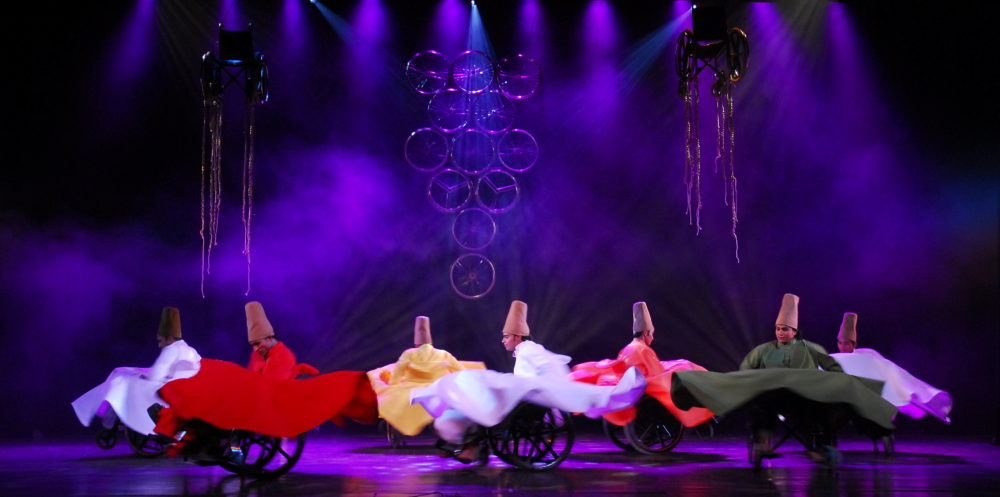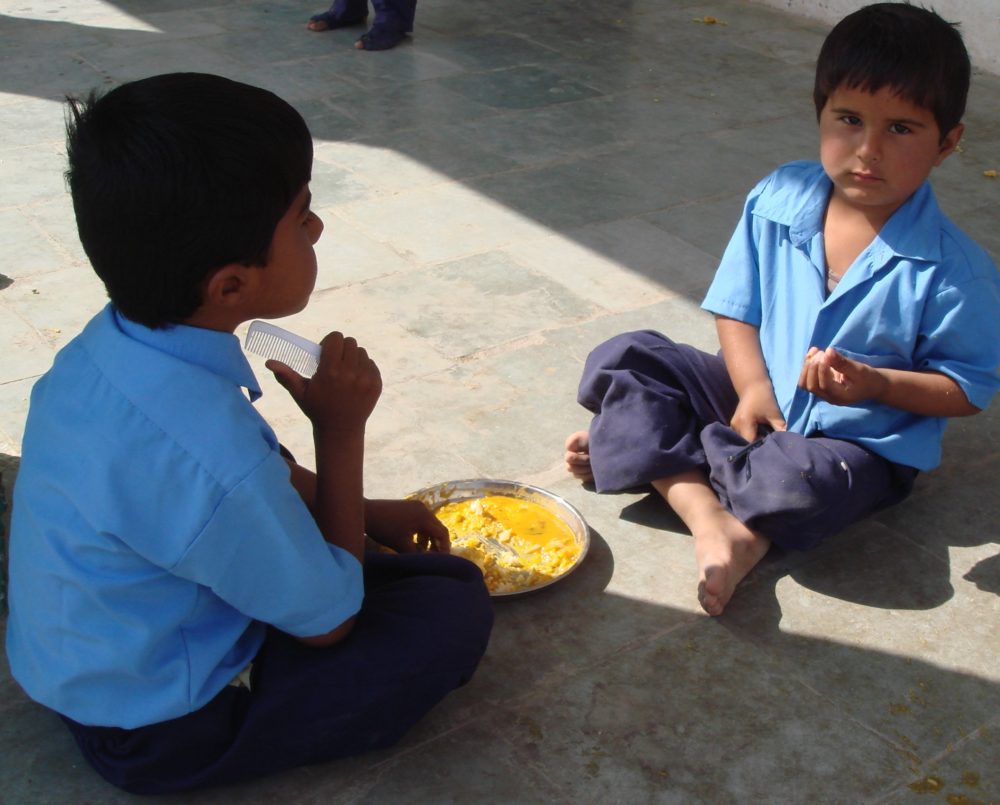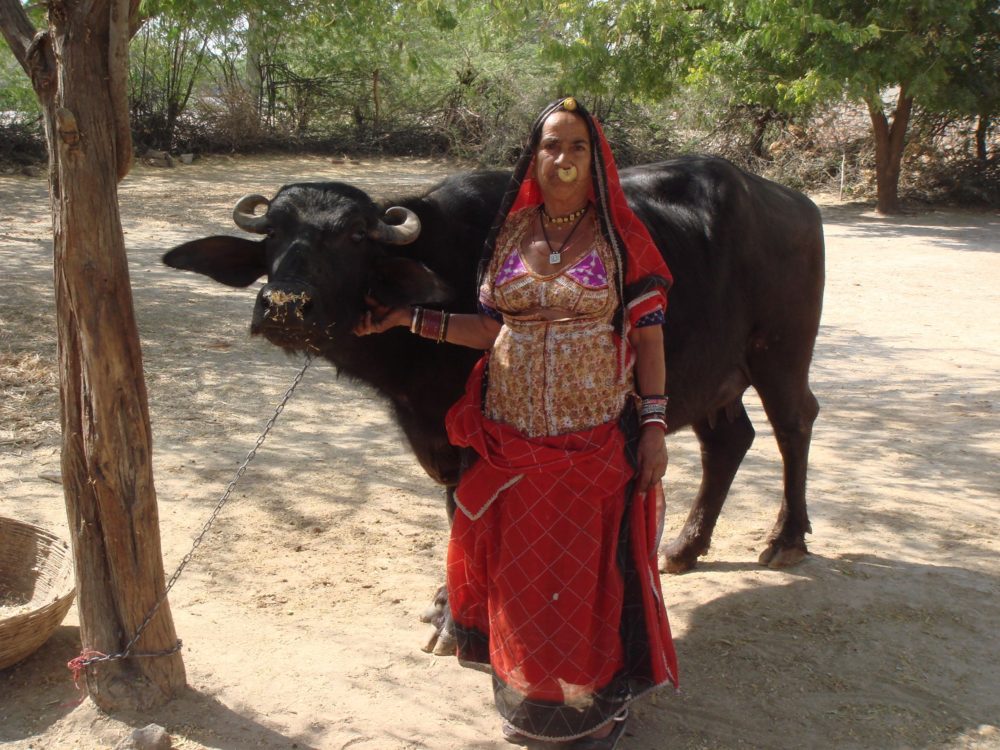By Neena Bhandari
New Delhi, 31.03.2014 (BMJ): As India celebrates three years of being polio free there is an urgent need to invest in medical care for the thousands of people who made the most of life after having had poliomyelitis but are now facing the debilitating post-polio syndrome (PPS).1 2 PPS describes the sudden onset of muscle weakness or fatigability in people with a history of acute paralytic poliomyelitis, usually occurring 15 to 40 years later.3 Many thousands of polio survivors experience muscle weakness, fatigue, joint and muscle pain, intolerance to cold, and difficulties in sleeping, breathing, or swallowing.
The March of Dimes, an international non-profit agency based in the United States and founded in 1938 by President and polio survivor Franklin D Roosevelt, warned in 2001 that as many as 20 million people worldwide are at risk of PPS, which could leave them using wheelchairs or ventilators for the rest of their lives.
After eradication_ India’s post-polio problem _ BMJ
Continue reading on British Medical Journal
© Copyright Neena Bhandari and BMJ. All rights reserved. Republication, copying or using information from neenabhandari.com content is expressly prohibited without the permission of the writer and the media outlet syndicating or publishing the article.



